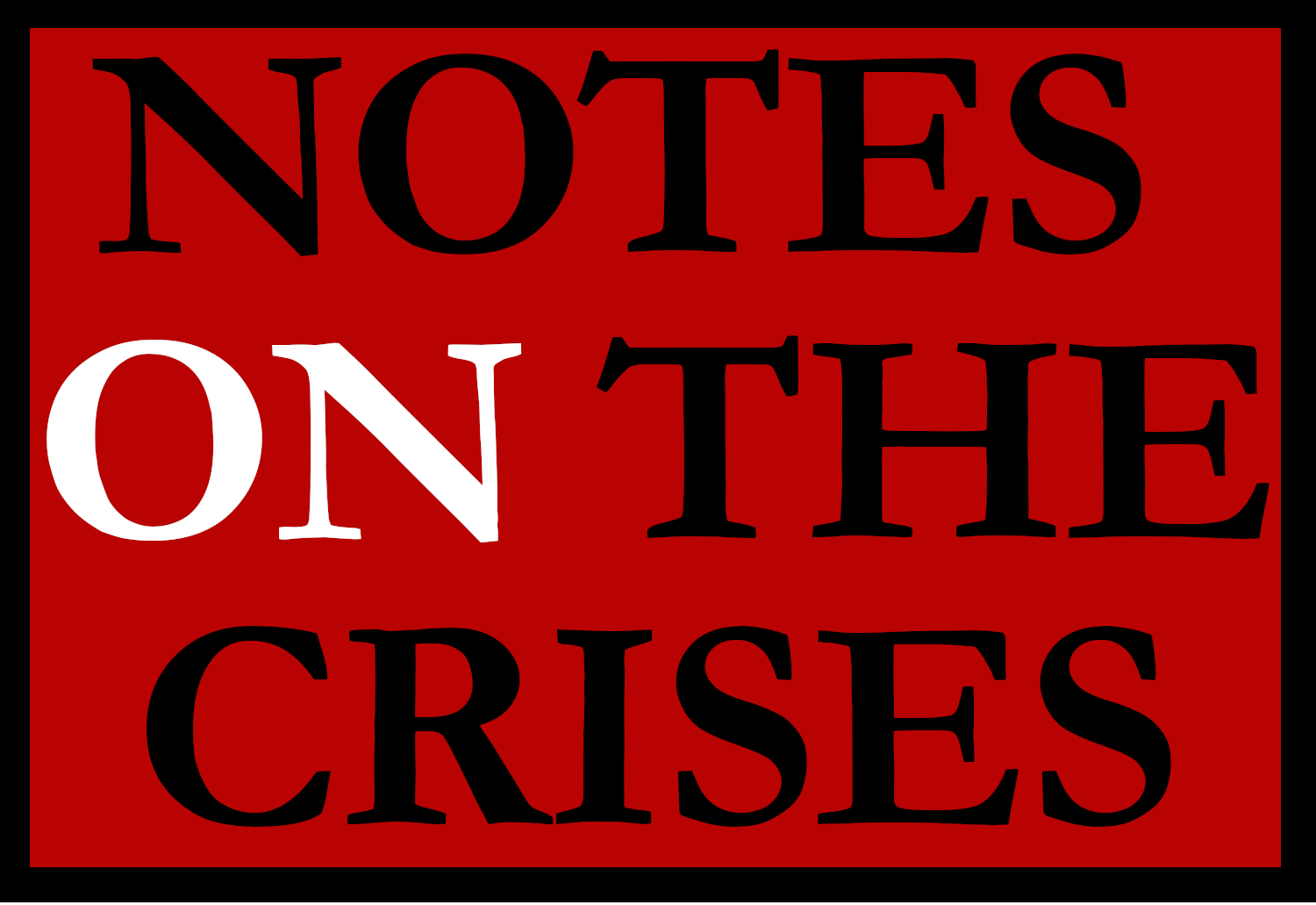Sign of the Times- Tankus's Crises Substack
What the main economic problem is and how to think about responding to it.
I wasn't paying enough attention to coronavirus and didn't fully realize the implications of what was happening until treasury interest rates collapsed the night of March 8th 11 days ago. The 30 year going below 1 percent was a huge deal. In general interest rates on government securities carry far more info for the laymen than the stock market. If they're rising, that means they expect us to be out of a recession and thus the Federal Reserve will increase interest rates. If they're falling, that means they expect the Fed to cut interest rates and that we're having a recession. This is the big one and I think everyone now realizes that.
A) size of the response we need. My rough guesstimation is initial packages for the next few months are going to need to be about 3.5 Trillion based on what total labor compensation was last year and how dramatically employment is collapsing. It really can't be underestimated how gigantic this is.
B) It's hilarious how the "how are you going to pay for it???" conversation has completely collapsed and we're now going to get multi-trillion dollar spending bills without a hint of a payfor. but that's a good thing ultimately.
C) The financial system is seizing up because that's what it would do in this circumstance. Going to probably need payment guarantees on private debts for creditors.
D) We need the Federal Government to take responsibility for state and local government budgets. Worst comes to worst, that will come from the Federal Reserve either through the small existing authority they have or expanded emergency authority like in Maxine Water's bill today.
E) The key thing to understand is this has nothing to do with stimulating consumption. There are basically two components to household spending. There is what everyone talks about- household's propensity to consume. People love ranking policies by how much they goose propensity to consume. That's irrelevant right now. We're not trying to shift consumption. Hard to spend when you can't leave your house anyway.
What this is about is covering the overhead costs of households. Rent, mortgages, utilities, credit cards, student debt payments etc. The less we reduce these overhead costs by declaring a holiday for them, the more money has to go out the door. you either reduce the cash outflows or increase the inflows. This is not about consumption. The main economic problem is a financial one of balance sheets. We need to fill that gaping hole. What Waters put out today was pretty good, but wait for new proposals coming soon :)
That's it for now! Happy to field questions people have. I'm starting a substack to contain these kinds of posts for now.
Keep safe!- Nathan.
Subscribe to Notes on the Crises
Get the latest pieces delivered right to your inbox
